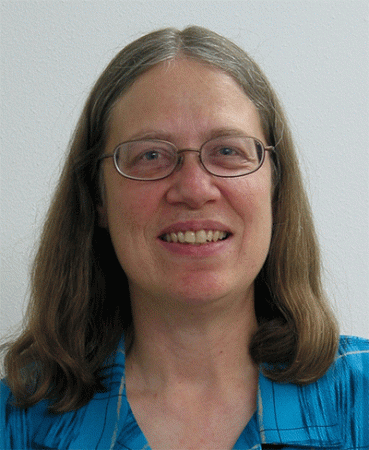
Just because a design works once doesn’t mean that the research and development is done.
That’s why, Professor Sarah Kurtz argues in a new commentary in the prestigious journal Nature Energy , it’s important to do the quality assurance science that shows why products sometimes don’t work.
“If people want to take their science to the next level, they need to think about the implications of what happens when their innovations go into production,” Kurtz said. “What comes off the manufacturing line isn’t always going to work the way it is meant to.”
She cited a high-profile example of the problems that arose when quality assurance failed the Samsung company and it had to recall Galaxy smartphones because the batteries overheated, caused small fires and even exploded in some cases.
“This is an extreme example of how inadequate quality assurance can harm both the public and the company. Fortunately, the phones didn’t cause any deaths, but they did cause multiple hospitalizations,” Kurtz wrote. “Further, Samsung estimated in 2016 that the recall would cost them over $5 billion, while updated estimates are closer to $17 billion.”

Kurtz, a materials science and engineering professor, is a vital part of the research being conducted through UC Solar, based at UC Merced. She was invited to write the new commentary, entitled “Advance Solar Technology by Marrying Quality Assurance with Design Engineering” for Nature Energy after an editor there heard one of her presentations.
Solar solutions are demonstrating impressive successes, she wrote: Deployment rates worldwide routinely exceed projections and prices have become competitive in many markets. During some hours in California, solar electricity provides more than half of the state’s electricity. As solar energy grows into the role of powering the world, it needs to operate consistently and reliably. Understanding the science behind failures like those in the Galaxy 7 will be a key element of the world’s adoption of solar.
Editors, reviewers, funding agencies and those reviewing professors for tenure should recognize the value of researching and publishing not only technological achievements, but the science and engineering of why those achievements don't always work, Kurtz said.
“There’s a bias toward funding, promoting and reviewing novel, unique science,” she said, “but there is definitely value in also understanding why something works or doesn’t.”






